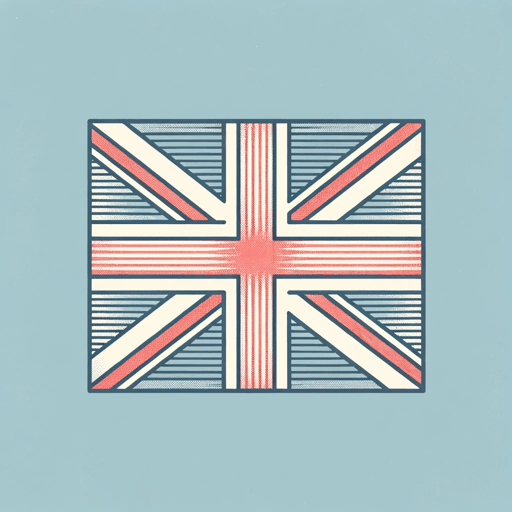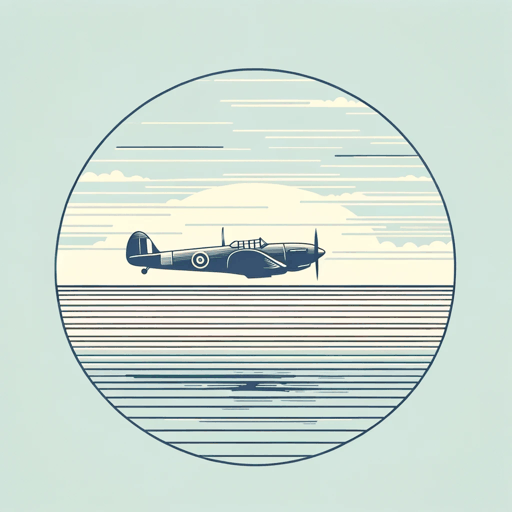27 pages • 54 minutes read
Winston ChurchillTheir Finest Hour
Nonfiction | Essay / Speech | Adult | Published in 1949A modern alternative to SparkNotes and CliffsNotes, SuperSummary offers high-quality Study Guides with detailed chapter summaries and analysis of major themes, characters, and more.
Index of Terms
The Battle of Dunkirk
After it became evident that the Battle of France was as good as lost, Operation Dynamo was devised to save the British, Belgium, and French troops that the German forces had encircled at Dunkirk—a port city in northeastern France. With the aid of the British air force, a large scale naval operation evacuated the remainder of the Allied forces into the United Kingdom. This required the deployment of a large number of vessels—over 800, including many merchant ships, yachts, small fishing boats, etc. Although it marked the effective fall of France, the Battle of Dunkirk was largely seen as a success in Britain, as it had recovered the majority of BEF troops, whose death or capture had seemed probable. Moreover, the successful mustering of civilian vessels boosted the country’s morale, fostering a sense of solidarity and shared sacrifice. Churchill references the evacuation several times in his speech—partly to highlight the success of the British military against steep odds, but also to tap into the sense of national pride and unity with which the battle had already become synonymous.
British Expeditionary Force (BEF)
The British Expeditionary Force was a contingent formed to assist France and Belgium in their fight against Nazi Germany. France, Belgium, and Britain declared war on Germany on September 2, 1939, in response to Germany’s invasion of Poland; the British Expeditionary Force was created the same day.
Related Titles
By Winston Churchill




